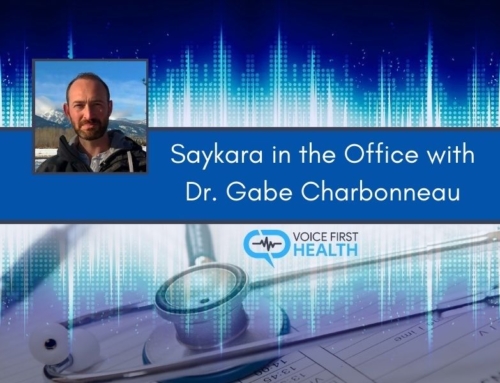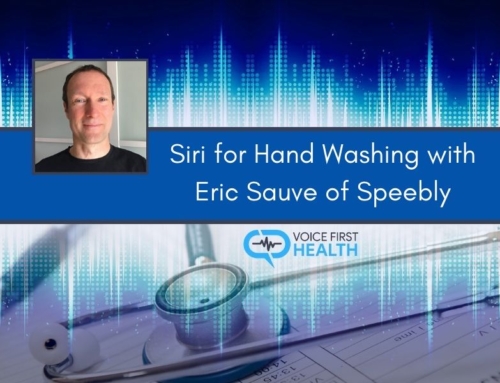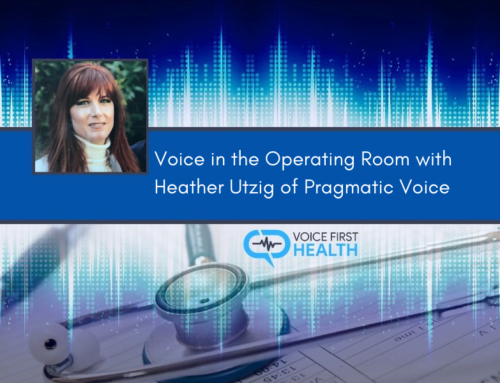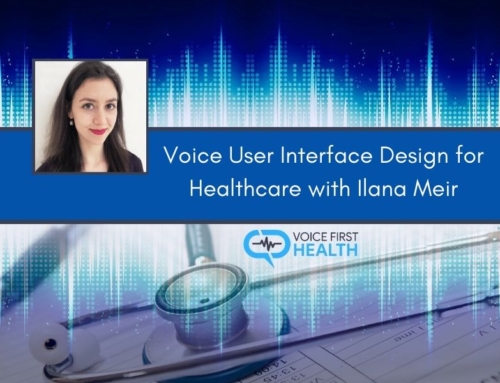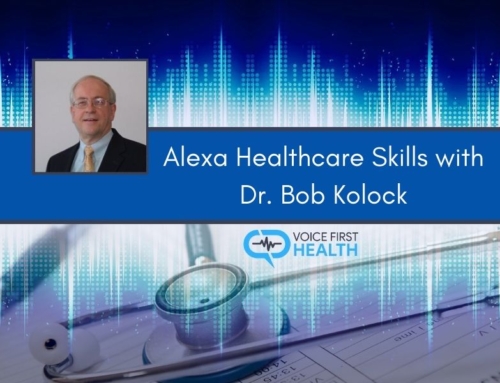VFH Episode 20
In this episode, Teri welcomes Jim Schwoebel, the founder and CEO of Neurolex.
Neurolex is a diagnostics company that is applying speech analysis to detect various health conditions early, before full-blown symptoms occur. Their core vision is to pioneer a universal voice test, like a blood test with extracted features and reference ranges, for use in primary care to refer patients to specialists faster.
Jim is a Georgia Tech-trained biomedical engineer and co-founder/partner in Atlanta-based accelerator CyberLaunch. He got the idea for Neurolex after seeing his brother hospitalized for a psychotic episode, eventually being diagnosed with schizophrenia. He wondered how these types of conditions could be diagnosed earlier on before the patient was past the point of clinical intervention.
The company is currently in the midst of over 20 research trials taking place around the world. They have recruited 30 fellow to help gather a massive dataset on voice diagnosis.
Key points from Jim!
- Voice signals and how they can be correlated with various types of illnesses and diseases.
- How patterns in voice could potentially help clinicians in diagnosing mental illness.
Research Findings
- You can predict with very high accuracy just with a voice sample who would or would not develop a psychotic episode.
Voice Samples
- Collecting samples is more of an in-clinic procedure because there are a lot of issues with taking samples at home. It’s usually a short test that is done like a voice survey. It takes 3 to 5 minutes.
- For some diseases, there are alternative voice sample collection tests.
- The voice responses are sent to the cloud or locally in the clinic; then a report is generated so that the health provider can use that information to infer the health of the patient.
- Jim believes that with time they will find more robust models that can be used within home environments.
It’s looking within voice and using that information to improve healthcare through our work

Audio Data Modelling
- They apply techniques that use MFCC coefficients and ASR models to voice labels.
- For small data sets, they use old-school techniques like support vector machine modelling or logistic regression.
- They either look at it as a binary problem or regression problem and estimate the scale itself, question by question from a voice file.
- They are continuously learning new features and traits that are correlated with voice features.
- They also transcribe the audio and extract features from the text.
- Getting enough data is the biggest challenge right now.
Voice Sample Sources
- They get voice samples from academic collaborations. They have collaborations with the University of Washington where undergraduates go into clinics and collect data from patients. Patients have to consent to give a voice sample.
- They have created a product called SurveyLex that helps them create, design and deploy voice surveys in the cloud like a SurveyMonkey survey. They have optimized it for research use and it gets a lot of data quickly. Different health entities are using the product on a subscription basis.
The Voice Genome Project
- They have been brainstorming on how to engage external collaborators in a more comprehensive way and also how to centralize their work because so far it is too scattered. They have work going on at Harvard, MIT, Stanford, and UCSF.
- They are trying to create one survey using SurveyLex. They will launch it in January 2019.
- The first step will be getting a lot of survey information tied to voice information which will mainly include self-reported health inventories, labelled with voice files.
- To contribute, people can donate their voice samples and be part of the research study, or become a research collaborator.
- Collaborators can analyze the data beyond how Neurolex has.
Meaning of Voice First Health to Jim
- It’s looking within voice and using that information to improve healthcare through our work.
Links and Resources in this Episode
Neurolex Website
Jim’s Email – js@neurolex.co





